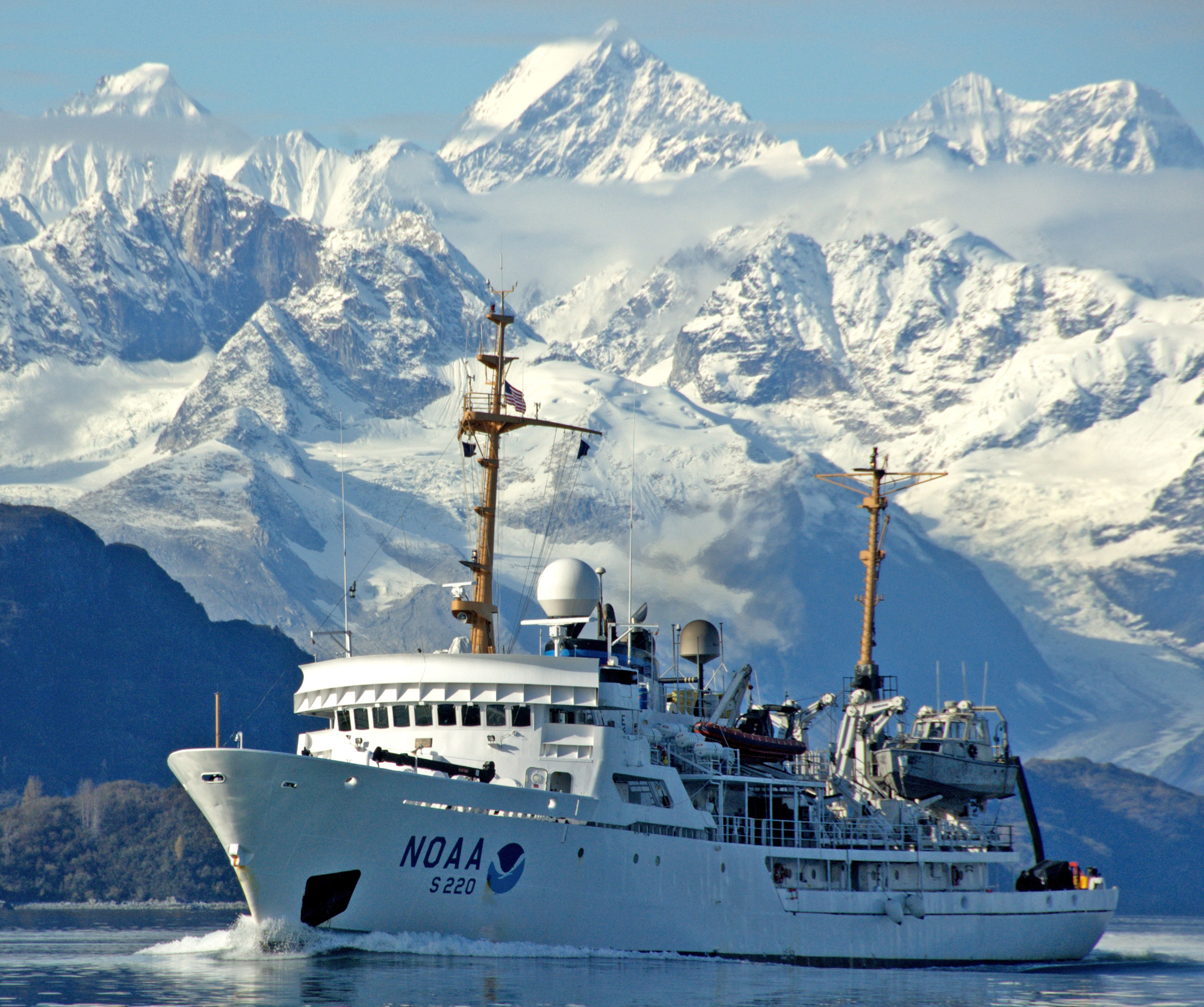With new leadership, US Arctic research agency prioritizes climate change, sustainable development
David Kennedy, who worked on Arctic issues at NOAA, will now chair the U.S. Arctic Research Commission.

With a shakeup in its leadership, the top Arctic science and research agency in Washington, D.C. plans to re-sharpen its focus on climate change and sustainable development.
David Kennedy, a former senior adviser on Arctic issues for the National Oceanic and Atmospheric Administration, will be announced as the new chair of the U.S. Arctic Research Commission on Monday, according to agency staff.
Kennedy, who was already a USARC commissioner, having been appointed by President Donald Trump in December, replaces Jon Harrison, who was appointed chair by Trump in August. Harrison, who had no known background in Arctic science or research, will continue to serve as a commissioner for the agency.
Kennedy’s appointment as chair of the commission was issued by the Biden White House, which has prioritized climate change in its proposed Arctic policies, earlier this month.
The commission is an independent federal agency, created by Congress in the Arctic Research and Policy Act of 1984, advising the White House and Congress on domestic and international Arctic research.
USARC develops Arctic research recommendations and serves as an Arctic scientific hub for the U.S. government and the state of Alaska.
Kennedy expects that work to continue as rapid and unprecedented environmental changes continue to affect the region. He also anticipates close collaboration with the Biden White House to achieve scientific priorities in the Arctic.
He believes the commission could become an even greater resource in Washington for research and information on what’s going on in the Arctic.
“I think the Arctic and its issues are going to become more and more relevant and important — in this administration, and just in general,” Kennedy told ArcticToday ahead of Monday’s announcement.
He plans to position the commission even more as “a significant player in the discussions about the Arctic and its research and change,” he said.
USARC will sharpen its focus on climate change, sustainable development and science-based policymaking. In particular, the commission’s leadership emphasizes the ways climate change affects the lives and livelihoods of Indigenous peoples as well as highlighting traditional knowledge in research.
Kennedy brings a long career of science administration, with a special focus on the Arctic, to his leadership of USARC.
He began his career as an Air Force pilot in the Arctic, flying missions in Alaska, the Canadian Arctic and Greenland. He worked for the University of Alaska Geophysical Institute on its outer continental shelf environmental assessment program, and he later served as NOAA’s science coordinator for Exxon Valdez oil spill.
He retired from NOAA in April. Before he was the senior adviser on Arctic issues, he was the deputy undersecretary for operations, the most senior nonpolitical position at NOAA. He is also a global fellow at the Wilson Center’s Polar Institute.
“My whole career has been administering scientific programs and working with scientists,” Kennedy said.
However, he may face an uphill climb, as several commissioners appointed by the Trump White House have little Arctic research experience.
The Arctic commission is required to submit a report every other year, usually in January, recommending specific Arctic research goals to the President and Congress.
The latest report was due in January 2021, but it has not yet been released. Kennedy says convening the commissioners and beginning work on this report is a top priority.
“I’m looking forward to meeting with the commissioners,” Kennedy said, to “understand their interests and move forward.”
Harrison, the former chair of the commission, had little experience with Arctic science and research, several outside sources told ArcticToday.
He was previously the senior advisor for oceans and international environmental and scientific affairs at the U.S. Department of State, and he is currently listed as the chief strategy officer of Covaxx, a pharmaceutical company. (Harrison did not respond to ArcticToday’s request for comment.)
“The Arctic is not some cold, dark, distant place that we can ignore, that has no impact on the rest of the world,” Martin Jeffries, a retired government polar scientist and the former executive director of the Interagency Arctic Research Policy Committee, told ArcticToday. “It is an integral part of the global climate system.”
The commission does important work on understanding this complex system, Jeffries said.
“It’s of no value to the American people, as a whole, to have unqualified people on the U.S Arctic Research Commission,” he said. “They do an important job, and you need to have people with the appropriate background.”